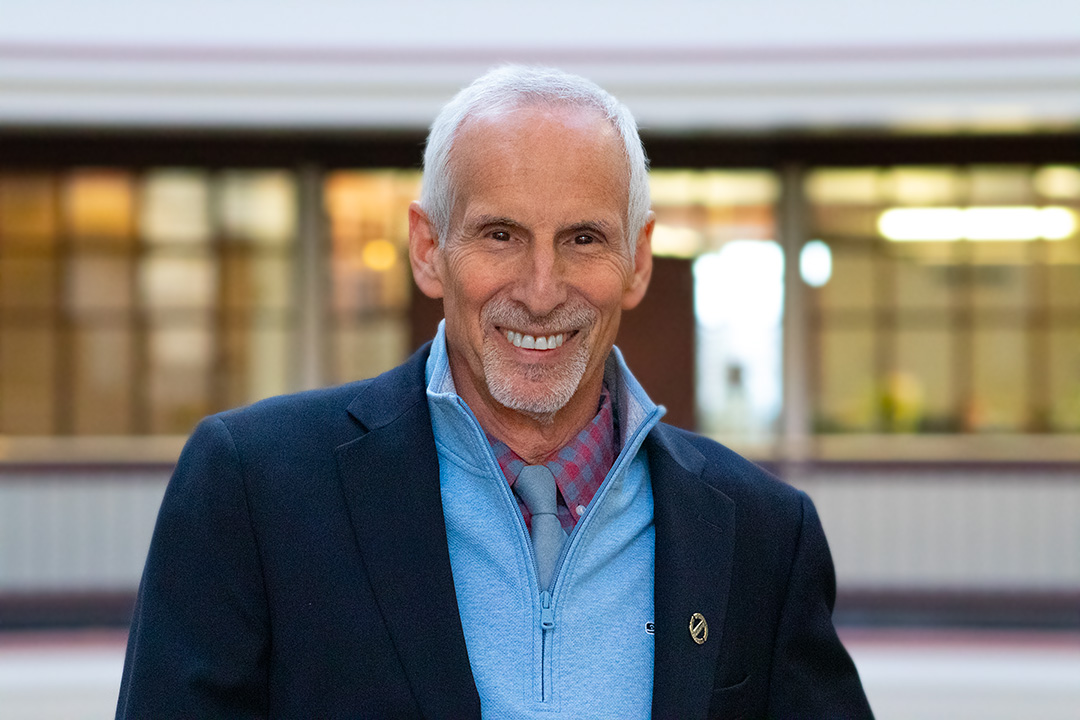Energy & Technology Committee Hears Biogas Legislation in Effort to Support Environment, Innovate New Energy Sources
Today, the Energy and Technology Committee, co-chaired by State Senator Norm Needleman (D-Essex) held a public hearing considering legislation seeking to improve energy consumption and use while attempting to reduce solid waste, benefitting the state’s efforts to improve efficiency for better energy performance and reduced environmental impact. It comes two years after the General Assembly approved legislation that promoted the production and installation of anaerobic digestion energy consumption methods, which sees organic matter like animal waste used to produce energy resources, and would further strengthen that method of energy production.
“I’m highly supportive of deriving energy from anaerobic digestion, as it’s a lovely solution to two problems: finding efficient renewable energy sources and disposing of waste that would otherwise be pollutive,” said Sen. Needleman. “Farm waste is normally just waste needing to be disposed of, but it can be used to make biogas similar to natural gases we use today. This supports new, innovative energy solutions just as much as it supports reducing waste and putting it toward a better cause.”
Among the legislation heard today was House Bill No. 6409, “An Act Concerning The Solicitation Of Biogas Injection Proposals From Anaerobic Digestion Facilities.” As written, if the legislation is approved into law, state departments would be allowed to solicit energy proposals from any facility that can convert food or animal waste into biogas. The resultant gas, as long as it would be suitable for injection into the state’s natural gas distribution system, would then enter the energy marketplace. Proposals would be considered on merits including energy customers’ best interests, alignment with waste management policy goals and potential positive impacts for the state’s agricultural industry, among others.
According to the Environmental Protection Agency, anaerobic digestion sees bacteria break down organic waste matter in the absence of oxygen. Equipment allows the bacteria to break down the waste, creating biogas and other byproducts that can be used much like natural gas and other fuels are used today to create electricity, heating or vehicle fuel.
Share this page: